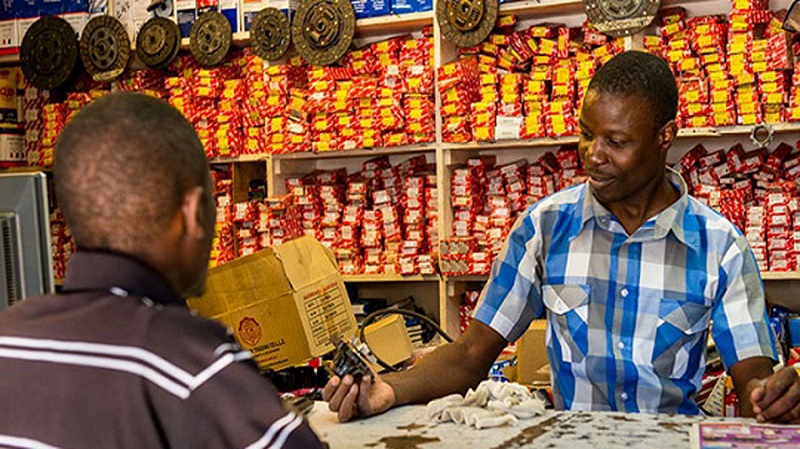Inflation in Ethiopia has hit 28.7% with the National Bank of Ethiopia (NBE) acknowledging that it has been one of the country’s most challenging macroeconomic issues for many years. Based on its monetary policy statement, the country, home to nearly 120 million people, has struggled to tackle rising inflation, with an average inflation of 16% per year recorded over the last ten years.
“Inflation outturns over the past two years have risen even beyond this average historical rate and persisted for much longer than initially expected,” read a statement from the NBE.
According to data from the NBE, Ethiopia recorded consecutive months of inflation below 30%. In December 2023, the annual inflation rate increased to 28.7% from 28.3% in November 2023. Food prices, which comprise over half (53.5%) of the consumer price index (CPI) grew to 30.6% compared to the same period in 2022, and slightly higher than the 30% recorded in November 2023. The jump was linked to the nation’s internal conflict, the Tigray war.
An overlap in malnutrition, disease, and food insecurity has worsened the situation. About 4 million people have also been affected by the ongoing drought. “Some supply-side and cost-push factors found to be statistically significant in contributing to inflation have included the internal conflict that disrupted local food transport/distribution networks and the large jump in key global commodity prices,” said the NBE.
Other items besides food increased to 26.1% in December 2023 from 26.0% in the prior month, influenced by a weaker currency, the Ethiopian birr. Nonetheless, the NBE wants to reduce inflation to under 20% by June 2024 and under 10% by June 2025. They plan to do this by managing how much money is lent and cutting back on giving money directly to the government.
Performance of the Ethiopian birr
In December 2023, the birr lost value by 4.8%, ending the year at 56.1 birr for $1 from 53.6 birr recorded in December 2022, per a statement shared by Safaricom Ethiopia. The government made some changes in September 2022 to bring more foreign currency into the country. For instance, the NBE halted foreign currency use for purchasing in the country. Ethiopians can only keep foreign currencies for 30 days, instead of 90 when they return to the country from foreign trips. At the same time, the NBE made it easier for people to bring foreign currency into the country.
Ethiopians can bring up to $4,000 without declaring the cash at customs. However, the amount of money non-citizens can bring in without alerting customs officials has more than tripled from $3,000 to $10,000.




















